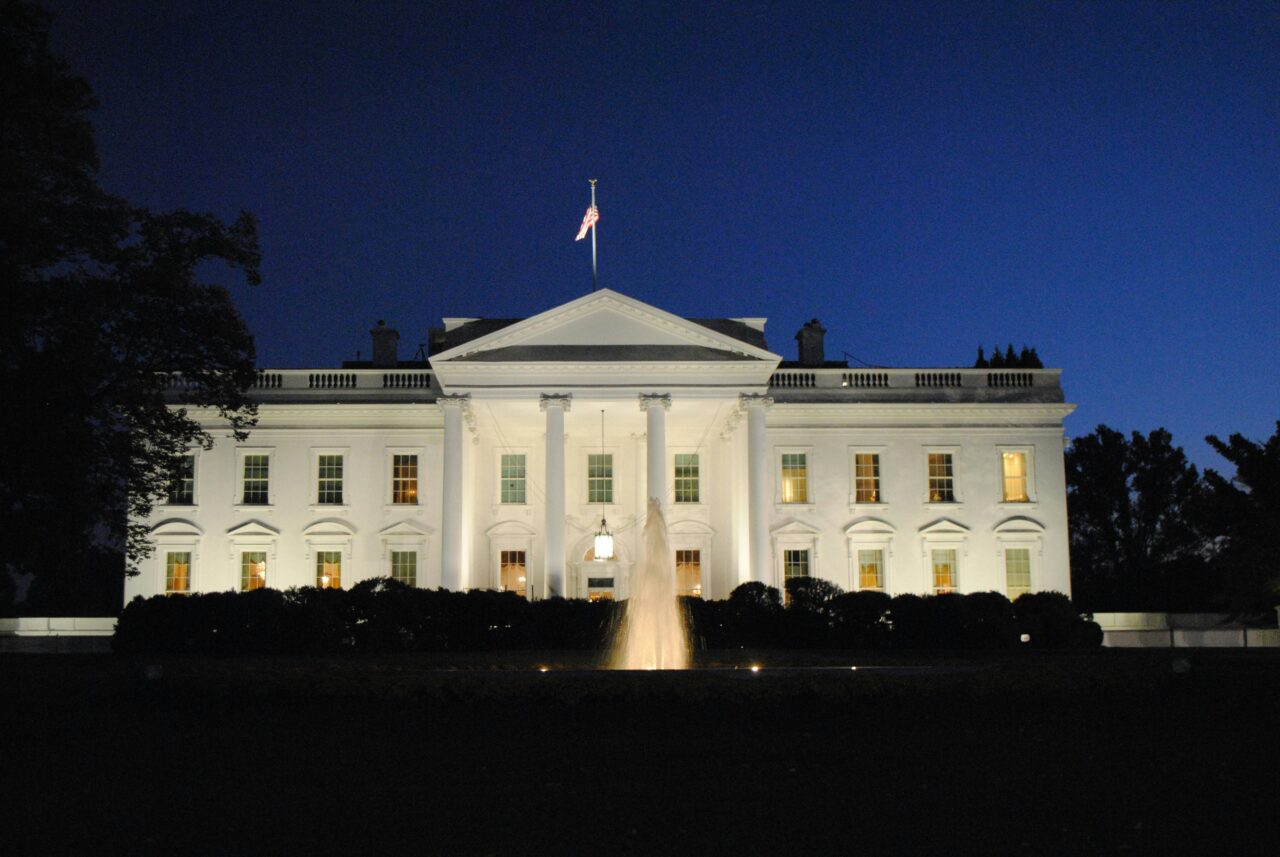The grants have a focus on amplifying measures that will benefit low-income and disadvantaged communities, while also helping to achieve net-zero objectives. There are calls for a similar approach to be taken in Europe.

The award of $20bn (€18.49m) in grants by the US government aimed at mobilising private investment in clean energy and climate solutions could transform the arena for environmental and social investment in the US – and it is viewed by impact investors on the other side of the Atlantic as a potential blueprint for similar measures in Europe.
On 4 April, the US Environmental Protection Agency (EPA) announced eight grant awards, as part of two competitions within the $27bn Greenhouse Gas Reduction Fund (GGRF), part of the White House’s Inflation Reduction Act spending agenda.
The three awards under a $14bn National Clean Investment Fund (NCIF) and five under a $6bn Clean Communities Investment Accelerator (CCIA) are intended to create a network to finance projects that reduce climate and air pollution, as well as cutting energy costs, improving public health, and creating clean energy jobs in communities, especially those which are low-income and disadvantaged.
The grants are being targeted with the objective of mobilising almost $7 of private capital for every $1 of federal funds, according to the White House.
Michael S Regan, the EPA’s Administrator said the chosen recipients would “deliver transformational investments for American communities, businesses, and families and unleash tens of thousands of clean technology projects like putting solar on small businesses, electrifying affordable housing, providing EV loans for young families, and countless others”. That, said Regan, would translate into well-paid jobs, energy bill savings, and cleaner air, while delivering on US president Joe Biden’s agenda to combat climate change.
The US approach to mobilising private investment in projects aimed at both tacking climate change and social inequality chimes with calls for a similar approach in Europe.
David Krivanek, senior programme manager, Just Transition Finance, at the UK-based Impact Investing Institute, described the US approach of bringing together the green agenda with social investment in disadvantaged communities as “politically astute”, because it reduced the risk of backlash against climate change measures by ensuring more people benefited from efforts to reach net zero.

He told Impact Investor that such schemes were also an efficient way to boost the flow of private capital into underserved areas, given the high ratio of private to public capital that can be achieved.
“We think other governments, including in the UK, would benefit from replicating such programmes as a proven tool to achieve both their environmental goals and inclusive growth,” he said.
In a letter published last week, a group of 36 impact investors and sector bodies – the Impact Investing Institute among them – called for the next UK government to provide more ways in which private investment can be harnessed for the national good alongside government spending, outlining proposals they say could help fund sustainable growth.
Alessia Gianoncelli, director of knowledge and programmes at Impact Europe, a network for impact capital providers on the continent, also welcomed the awards.
“This initiative brings along lots of good elements we are pushing forward in the European context,” she told Impact Investor. “Grants act as a great impulse to catalyse additional impact investments, and the public sector plays, and should play, a catalytic role itself.”

Gianoncelli said supporting climate-oriented solutions should go hand in hand with funding social interventions – something Impact Europe – formerly known as EVPA – looked at in its 2022 Accelerating Impact report. Impact Europe also recently published a white paper on the use of catalytic capital in Europe.
Where the US money is going
The three awards made under the NCIF include a $6.97bn award to Climate United Fund – a non-profit formed by Calvert Impact to partner with two government-certified Community Development Financial Institutions (CDFIs) for a programme focusing on investing in harder-to-reach market segments, such as consumers, small businesses, small farms, community facilities, and schools. At least 60% of its investments will be made in low-income and disadvantaged communities.
The Coalition for Green Capital non-profit was awarded a $5bn award for a programme with an emphasis on public-private investing, which will build on a growing national network of green banks to channel investment.
Power Forward Communities, a coalition of five housing, climate, and community investment groups, received $2bn to build a national financing programme providing affordable solutions for housing owners and developers, with at least 75% of investments being made in low-income and disadvantaged communities.
Under the CCIA competition, awards went to Opportunity Finance Network ($2.29bn), a non-profit providing capital and capacity building for a national network of over 400 community lenders; Inclusiv ($1.87bn), which provides capital and capacity building for over 900 credit unions; Justice Climate Fund ($940m), which will provide responsible, clean energy-focused capital and capacity building to community lenders across the country; Appalachian Community Capital ($500m), which is launching the Green Bank for Rural America to deliver clean development capital and capacity building assistance to community lenders working in coal, energy, and underserved rural and tribal communities; and Native CDFI Network ($400m), which advocates for over 60 US Native CDFIs that help address capital access challenges in Native communities. The EPA said it expected to announce more details on the remaining $7bn to invested from the GGRF, via its Solar for All competition, in coming weeks.






